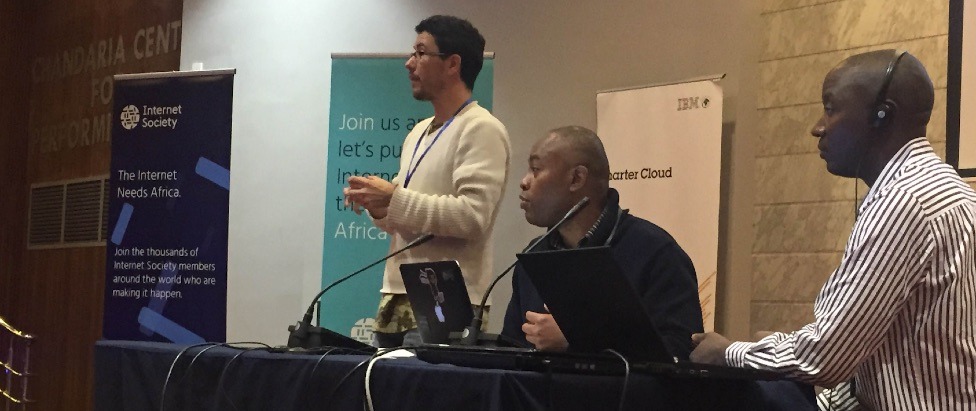Community established networks are emerging and evolving in Africa as a sustainable solution to address the existing connectivity gaps. 37 community networks initiatives have so far been identified in 12 African countries, of which 25 are considered active trying to set up or improve their own telecommunications infrastructure to connect the unconnected.
One of the goals of the Internet Society is to help expand connectivity and promote increased collaboration between community network operators in the region as well as provide an opportunity for them to engage with other stakeholders.
What are the existing initiatives?
Knowing the local context to identify correctly the communication needs and to respect local ways of life and social norms is a very important start.
The service provided by the Community Networks go beyond those provided using the telecommunication infrastructure. The revenue collected by providing ICT services allows, for instance, to maintain a foster home, to provide microcredits to community members, to support agricultural programs and, in most cases, to provide training, not only on ICT usage, but on innovation and entrepreneurship as well.
Thus, in Africa, a community network is not just telecommunications infrastructure built by the people, it is a tool to improve what a community is already doing, by contributing to a local ecosystem that enhances the daily lives of those living in the community.
What are the challenges?
- Lack of ICT skills in the community preventing people to get the maximum benefit of using the services offered by the infrastructure
- Unreliable, expensive or inexistent electrical grid forces most of them to use solar panels and batteries to power their infrastructure.
- Lack of sustainable business models used to cover operational expenditures
- Limited of voluntarism
- Gender gap
Internet Society call for Action for strong and sustainable Community Networks in Africa
There is a need to expand connectivity to the rural and remote villages. Doing so would help our communities access quality education, give women and girls a platform to build opportunities, and advance local economies.
We need policy makers, technical experts, business leaders and service providers to support the development of capacities in rural wireless technologies to build increased access to Internet in remote communities.
Who are some of the community networks we know of in Africa?
- Connecting Eenhana, Fatsuam Foundation and Mesh Bukavu from: “(Re)Building Technology: Community Technology Fieldguide”
- Ensemble Pour La Difference and Fjord: “Bringing The Internet To Africa’s Forgotten Island”
- Tunapanda Net: http://www.tunapanda.org/
- Zenzeleni Networks: http://zenzeleni.net
- BOSCO Uganda: http://boscouganda.com/our-approach/bosco-network/
- Murambinda Works: http://www.machaworks.org/murumbinda.html
- Macha Works: http://www.machaworks.org
- Soweto Wireless User Group (SoWUG): http://sowug.org.za/
We need your help! Are you running a community network? Tell us what’s working, what isn’t, and join with us to connect Africa!
For more information on the First Summit on Community Networks in Africa organized by the Internet society, please visit: https://www.internetsociety.org/events/first-summit-community-networks-africa

